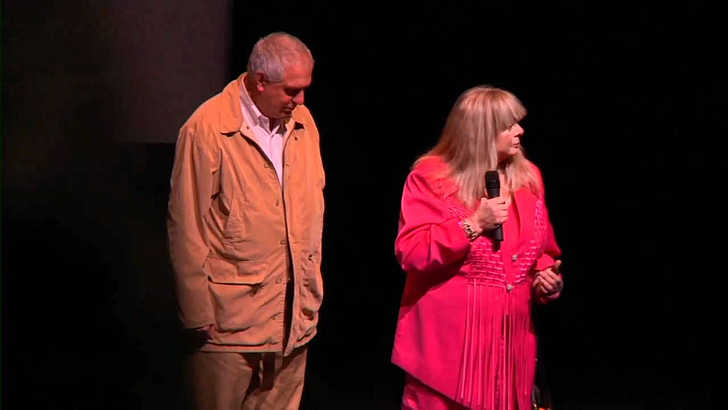When is it Okay to Laugh at a Real Person?
Doc Talk was once a biweekly column on Movies.com devoted to documentary cinema, typically featuring an essay concentrated on a currently relevant topic for discussion followed by critic picks for new theatrical and home video releases. This installment published July 13, 2011, looks at an ethical concern regarding a certain — often desired — audience r…
Keep reading with a 7-day free trial
Subscribe to Nonfics to keep reading this post and get 7 days of free access to the full post archives.



